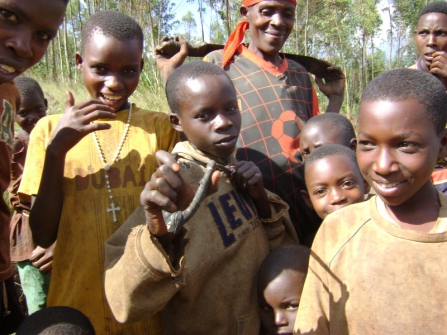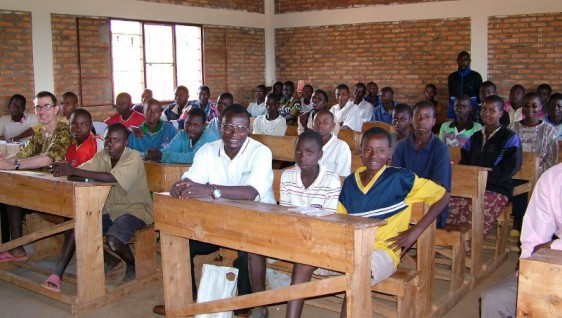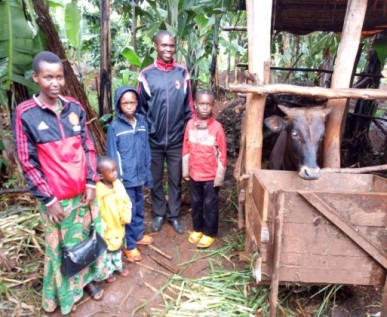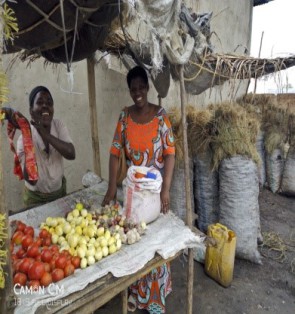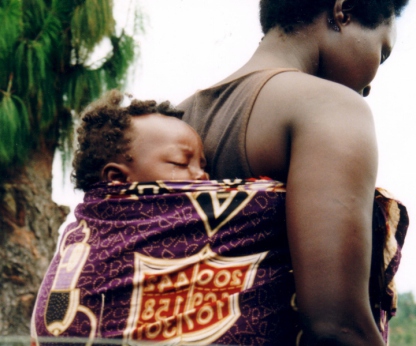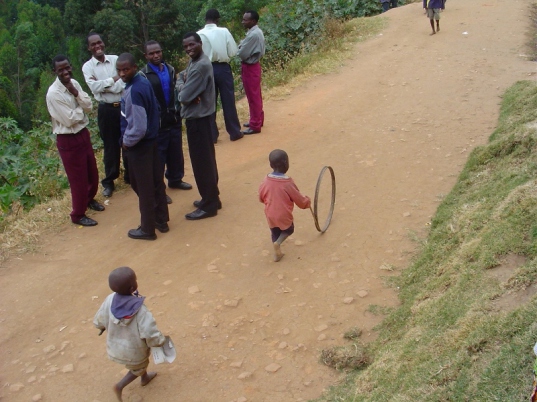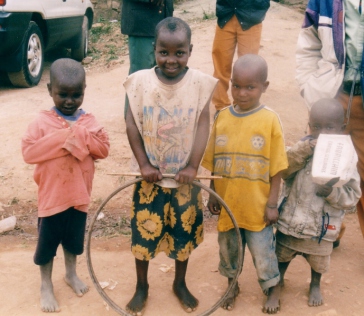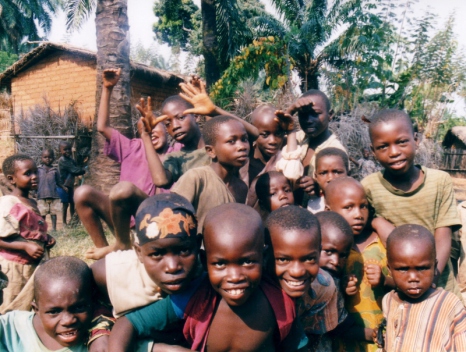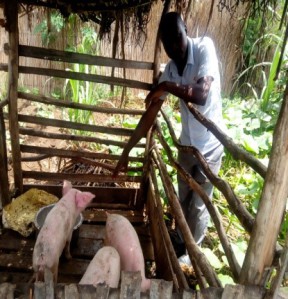Life for a child in rural Burundi
Having passed the night on a mat together with his/her siblings - few families have less than six children - the Burundian child will fold the shared mat before undertaking some household chores. One child will fetch water from the valley; others will sweep the house inside and out and others will wash pots and pans.
Then, he will set out for school which will usually be situated 3-4 km away. He will be barefoot. Breakfast and even lunch is a luxury enjoyed by a few. From 7am to 1pm hunger pangs will be supressed due to the intensity of listening, writing and problem solving - all from the blackboard.
Pupils need to supply their own textbooks, exercise books, pens & pencils which is a struggle to afford.
To be able to attend school is considered a great blessing. Naturally parents will impress on their children the great opportunity that they have which may well not have come their way.
It is a good performance at school which will win parental praise. Severe discipline awaits those who underperform.
On returning home, she will usually have to help her parents. This might be looking after cattle (which often keeps children from school) or cultivating the family vegetable plot. These generally are used to grow beans, bananas, peas, cassava, sweet and standard potatoes, carrots, cabbage and tomatoes. It is this plot which provides food for the meal of the day. The staple foods are beans and bananas with perhaps some milk.
Homework will follow housework and will be done either to the light of a kerosene stove or open fire.
Reading books is a rarity with most children. The family have no electricty so there is obviously no TV. The family could have a battery radio and probably at least one parent now has a mobile phone.
A Burundian child will be exceptional if he has any factory manufactured toys but a bundle of rags and twine will do as a football and he may be able to scavenge a skipping rope or use a discarded car or bicycle part as a hoop.Parents don't generally play with their children but, if Dad is in a good mood after having sold some goats or vegetables, he may treat the children to a traditional tale around the fire after dark.
Life continues in an ordered fashion and is interrupted only by sickness especially malaria which is endemic and may require a hospital visit. Child death is relatively common. Sometimes parents are forced to stay at the hospital until friends and family are able to club together to pay the bill for the medicines. A wedding will be the main occasion on which meat is eaten.
Pigs are a good source of protein but families are more likely to have goats. Education is seen as the way to a different future where a child from the rural area can dream of becoming a doctor or a pastor or even the President rather than a subsistance farmer like his parents. More realistically he may learn to develop his agriculture, grow a cash crop and save up enough to buy a bicycle to help get his produce to market further away.
